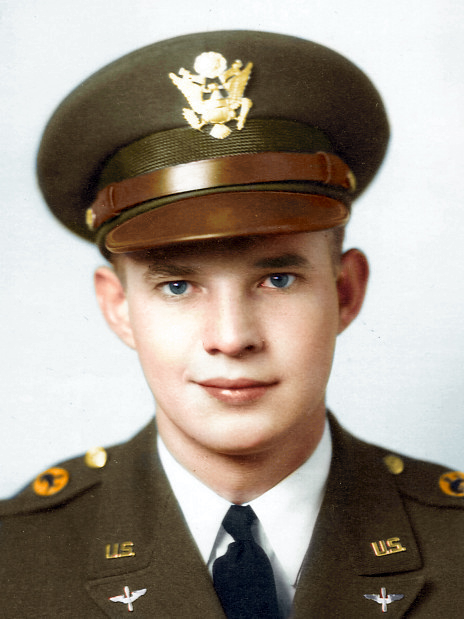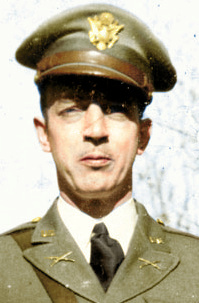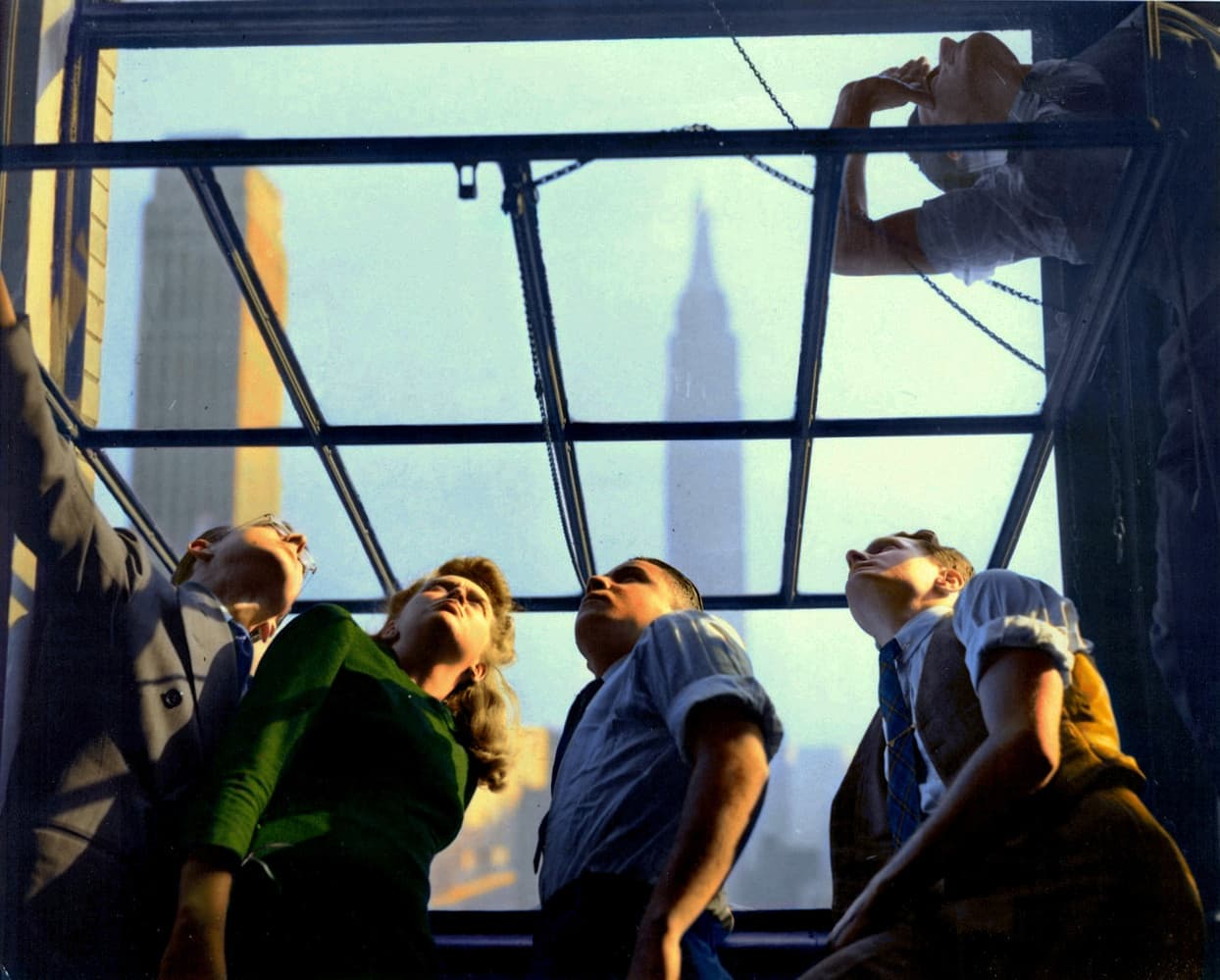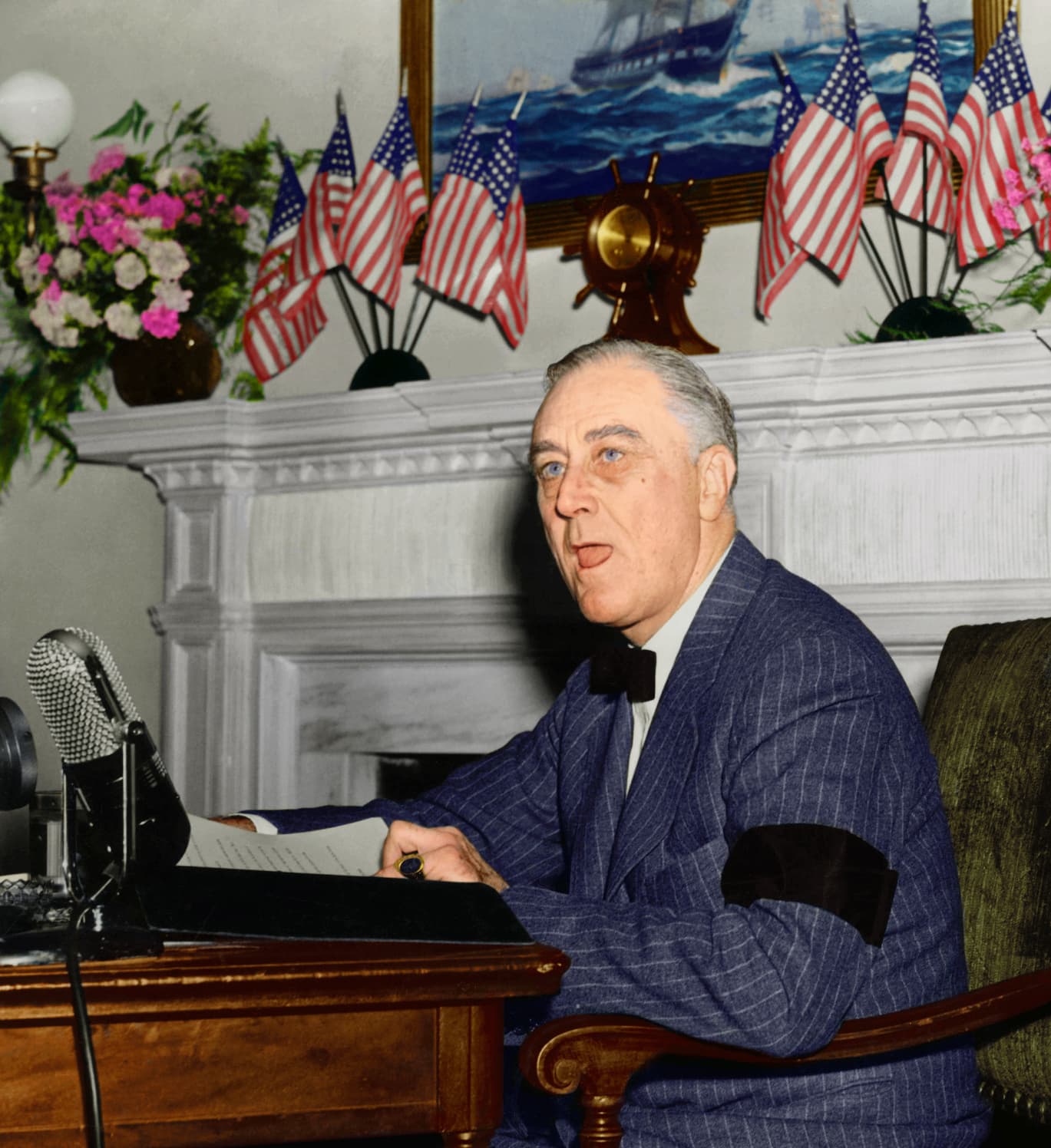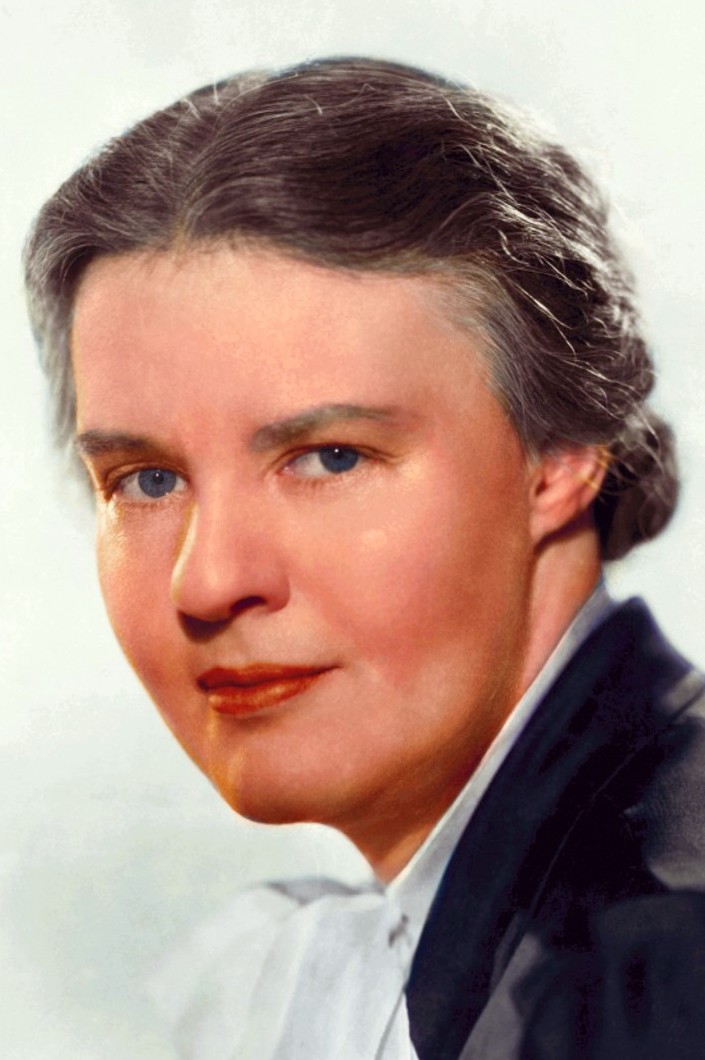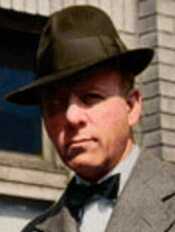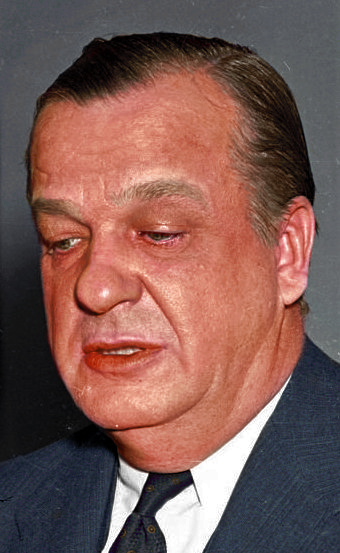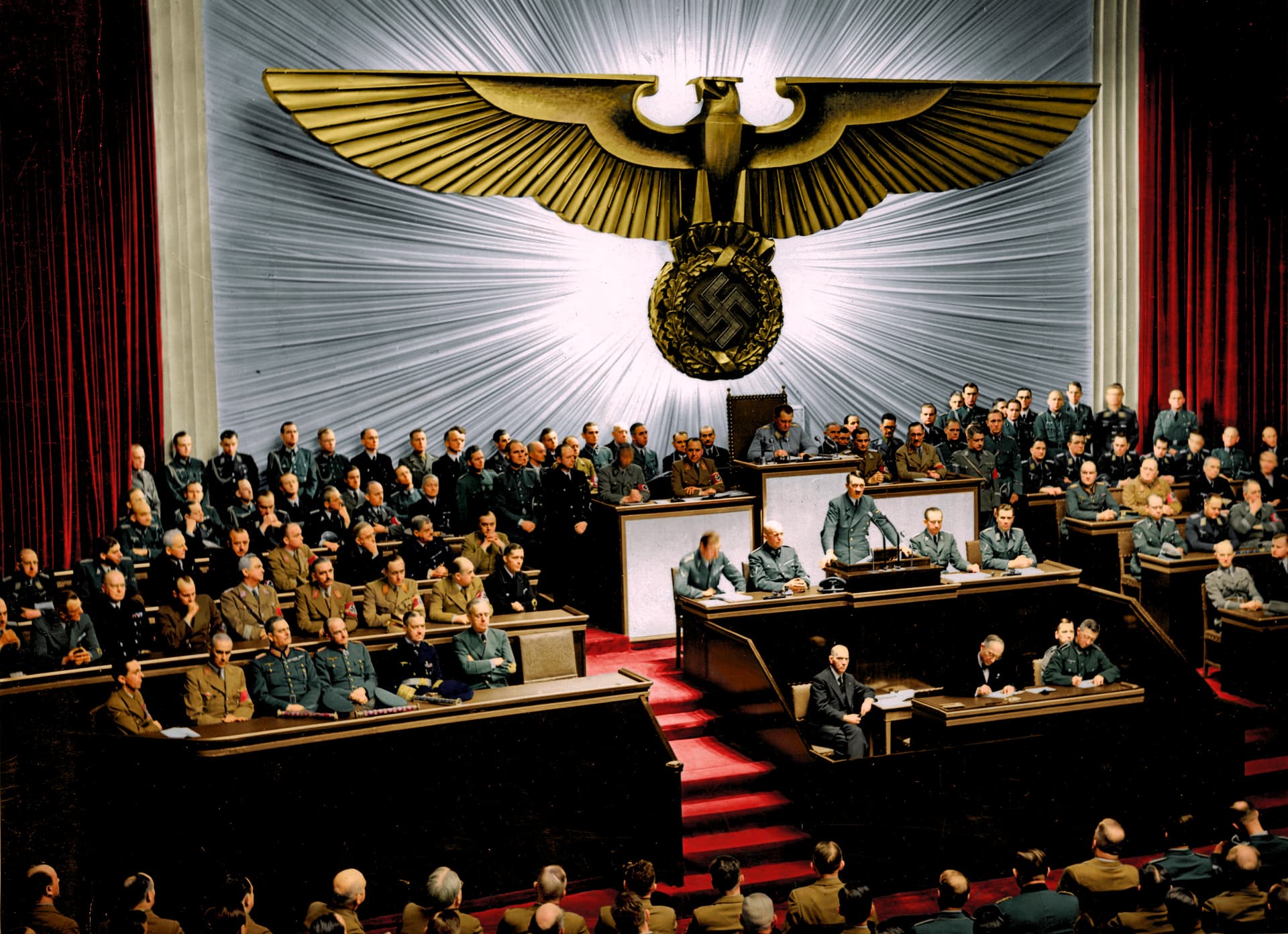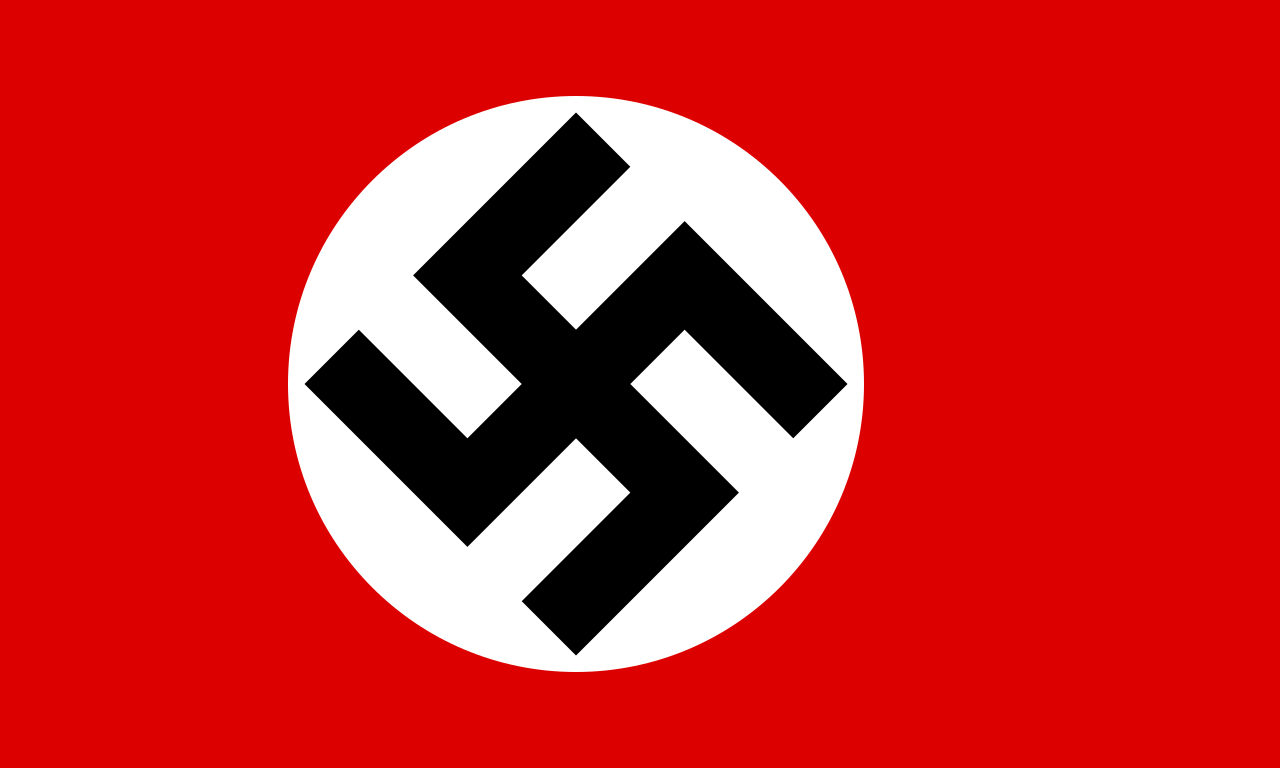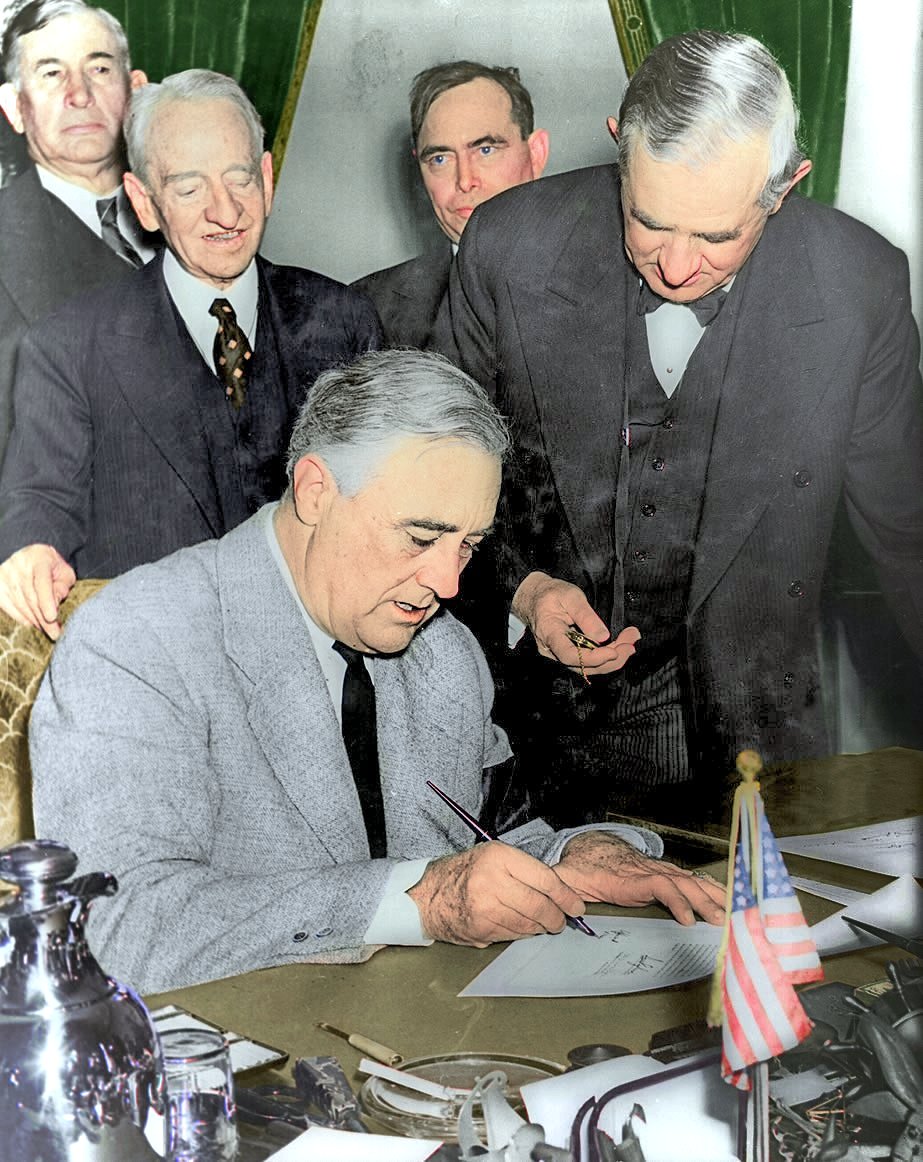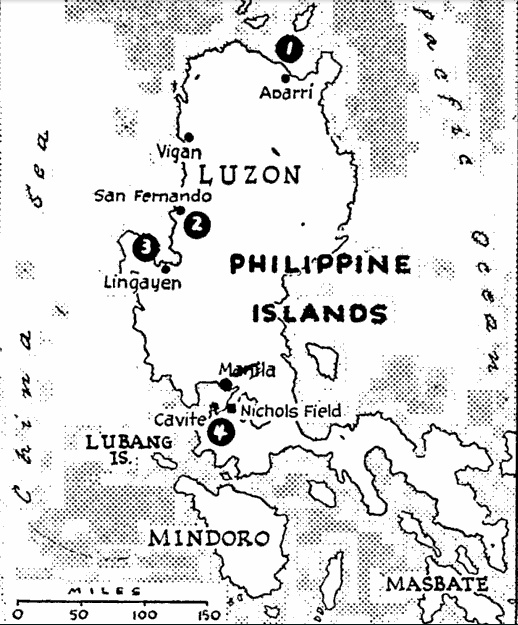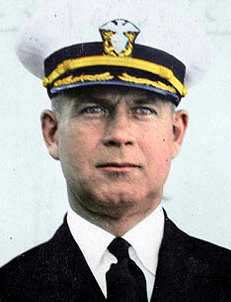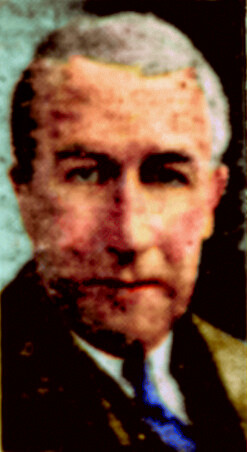Stowe: U.S. knew in advance of coming raid
American shakeup due as result of Hawaiian defeat
By Leland Stowe
CHUNGKING – Further details of the toll taken by Japanese bombers in Hawaii have convinced military observers of various nationalities here that such important American losses must, at least partially, be attributable to carelessness or negligence in the American high command at Oahu.
It is the considered opinion that America must face an uphill battle for some time, that it is likely to require two or three months for a safe line of communications to be restored from Hawaii and that ABCD pressure on Japan may not become truly powerful within six months.
It is believed the American people must be braced for a stiff struggle before its forces will be able to wage war against the Japanese with something like maximum efficiency.
Slow start unavoidable
The slow uphill start is believed to have been unavoidable for the United States because of unpreparedness and lack of materials which seriously handicap the American forces at the outset, because of the failure of Congress to authorize the fortification of Wake and Guam Islands years ago and finally because the best-fitted commanders can only be found through trial and error.
The seemingly unwarranted degree of success of Japan’s blitz attack on Hawaii is regarded by experts as fortunately a sharp warning to the American government and people. It still seems inexplicable here how the Japanese were able to bomb the Army’s big airfields at Oahu, losing but a few planes and apparently without large numbers of American fighters getting into the air promptly.
This is especially true since U.S. representatives in Chungking were warned by Washington of the seriousness of the situation as early as last Friday when a coded message stated that relations with Japan might be ruptured over the weekend. Sunday evening – at least one hour before the Japanese blitz in Hawaii – an officer of the U.S. gunboat Tutuila warned your correspondent, “It’s going to happen tonight.”
They knew it
He and another officer were both convinced that Japan would discard its mask before I could use my Hong Kong plane reservation on Tuesday. Their attitude was obviously based on advices from Washington received aboard the Tutuila. If the Tutuila staff was so clearly warned, it is difficult to understand how the commanders of the American forces at Hawaii were less posted.
In any case, the opinion of professional observers here can be best summarized as “whatever was done in Hawaii, it certainly was not enough.” Behind this is the conviction of many that the American fighters on Wheeler and Bennett Fields evidently were not prepared for immediate action and that many facts contributing to the Jap blitz’s success remain to be cleared up.
It is true that probable reverses may be expected before American defense forces can be whipped into an efficient machine. The American public, however, must face the fact that peacetime armies always suffer from political promotions.
Actually, some of the best-informed persons say that the American Army at present is overloaded with “political generals.” It is even charged that the percentage among about 1,000 of our generals today may range as high as three out of five who have been promoted more for political than professional reasons.
Shakeup necessary
Under the circumstances, it is to be expected that the upper commands of the American forces must undergo a shaking-down and elimination process in the first months of the war. This is bound to be a costly procedure but those who know the fighting qualities of the great majority of America’s middle-rank officers have complete confidence that the reshuffles must eventually bring the ablest men to the top all along the line.
Meanwhile, America’s lifeline to the Philippines must be reconquered. It will take time because the Japanese must be cleaned out from the whole series of their mandated islands in the Pacific while American naval and air forces must be greatly increased. The fact that Uncle Sam got a stiff uppercut to the jaw in the first round may be the best thing that could have happened.
Three more from district reported killed in Hawaii
Altoona, Monaca, and Uniontown Air Corps members are Jap victims
Lt. Louis G. Moslener
Lt. Robert RicheyAmong the soldiers killed in the Jap bombing raid on Hawaii who have been reported thus far as casualties by the War Department are Lt. Moslener of Monaca, and Lt. Richey of Wellsburg, West Virginia. Both were members of the U.S. Army Air Corps.
MONACA, Pennsylvania – Second Lt. Louis G. Moslener Jr. left California for “the big trip” last Thursday night. Three days later, he was “killed in action.”
A former Carnegie Tech engineering student. Lt. Moslener, 23, of 356 12th St., Monaca, was a navigation officer for the U.S. Army Air Corps and had been commissioned last April.
His father, Louis G. Moslener Sr., a civil engineer, said here today, “He was home on leave in October and he left for the West Coast on October 29.”
After a brief stay at Sacramento, California, Lt. Moslener wrote his parents last Thursday from San Francisco.
‘Don’t worry about me’
“I came down here from Sacramento last night, he said, “and I’m leaving here tomorrow for the big trip. Don’t worry about me, I’ll write again when we get there.”
Apparently because of Army regulations, the letter did not specify his destination, but indicated that he was anticipating action by concluding: “I don’t think I’ll get to sleep any.”
Last night, the Mosleners received word from the War Department that their son had been “killed in action” on December 7, presumably during the Jap bombing raid on Hawaii. A personal telegram of regret and sympathy also came from Gen. George Marshall, the chief of staff.
‘Something to be proud of’
“His interest was all with the Air Corps,” the elder Mr. Moslener said. “So, if he died facing the enemy, that’s something to be proud of.”
Lt. Moslener’s death was the third reported today by the War Department in Western Pennsylvania.
One of the others was Brooks J. Brubaker Jr., 20, of Altoona, a ground mechanic with the Army Air Corps, also killed in Hawaii. This was Blair County’s first casualty of the new war. Pvt. Brubaker is survived by his parents and three brothers.
The third was Staff Sgt. Elwood Gummerson of Uniontown, whose mother, Mrs. Florence Gummerson, was notified of his death.
Stationed at Hickam Field
Sgt. Gummerson was serving his fourth term in the Air Corps and was stationed at Hickam Field, Hawaii. Besides his widowed mother, he is survived by two sisters and a brother.
The deaths brought to six the total number of victims thus far announced in Western Pennsylvania.
Others previously announced as victims of the surprise bombing raid last Sunday were Pvt. George Leslie of Arnold, Staff Sgt. Joseph E. Good of 1039 Woods Run Ave., North Side, and Pvt. Eugene L. Chambers of Apollo.
Ohio soldier ‘casualty’ discovered alive and well
WASHINGTON (UP) – The War Department announced today that Pvt. Wilbur S. Carr of Miamisburg, Ohio, who was reported dead yesterday in the casualty list of victims of Japanese bombings in Hawaii, is alive and well.
The Department was also advised that Sgt. James H. Derthick of Ravenna, Ohio, previously reported killed in Hawaii, is alive but wounded.
This brings the total of deaths released by the Department down from 37 to 35.
Senate delays AEF measure
Technicality holds up immediate action
WASHINGTON (UP) – Sen. Hiram W. Johnson, R-California, today blocked immediate consideration of a bill authorizing use of National Guard troops and selectees outside the Western Hemisphere.
The legislation, however, will be eligible for consideration under a motion later today.
Mr. Johnson interposed his objection after a parliamentary tangle developed that under Senate rules, unanimous consent would be required to consider the bill before the Senate’s “unfinished business” – a tristate river compact – was taken care of. The aged Californian had not participated in the debate.
Kinks taken out of bill
The bill was called up by Chairman Robert R. Reynolds, D-North Carolina, of the Senate Military Affairs Committee. Mr. Reynolds presented a substitute which he described as “taking the kinks” out of the bill proposed by the War Department, although its effect on the territorial use of troops was the same.
Noting that the original language, permitting unrestricted use of troops during the present war with Japan “or any future war,” had been changed to provide for lifting of restrictions “in any war in which the United States is engaged,” Sen. Arthur H. Vandenberg, R-Michigan, asked Mr. Reynolds if he would object to the inclusion of the word “declared” before “war.”
Mr. Reynolds replied that he would object.
“War might momentarily be launched against us before we could formally declare it,” Mr. Reynolds said. “The chief executive might be hampered in the use of troops.”
House ready to act
At this point, Senate Republican Leader Charles L. McNary made the point of order that the “morning business” of the Senate was not concluded, and in the parliamentary tangle which followed, Mr. Johnson interposed his objection.
The House, meanwhile, was prepared to pass a similar bill.
The action will come amidst indications by members of the House and Senate Military Affairs Committees that an American expeditionary force of millions of men will be needed to crush Japan and to defeat Germany if formal hostilities with that nation begin.
A reliable source told the United Press that the War Department was drafting legislation that would permit drafting of men from 18 to 44. The present age limits are 21-28.
Chairman Andrew J. May, D-Kentucky, of the House Military Affairs Committee, said he had no knowledge of the report and that the question has not been discussed by his committee. He added, however, that a draft army ranging from 21 to 44 years was “not impossible.”
Tin Pan Alley in action
NEW YORK – Tin Pan Alley got into the war today. Four new songs are: “They Asked for It,” “The Sun Will Soon Be Setting for the Land of the Rising Sun,” “You’re a Sap, Mr. Jap,” and “The Japs Haven’t a Chinaman’s Chance.”
Latin lineup against Japs joined by Cuba
Nine republics to south have now declared war on Nippon
By the United Press
Cuba early today joined the lineup of Latin American nations arrayed alongside the United States in the war against Japan, bringing to nine the number of these republics which have declared themselves at war with the Nipponese Empire.
President Manuel Avila Camacho of Mexico did not ask for a war declaration Tuesday night as had been expected but pledged the assistance of the Mexican army and navy to the United States. Mexico has already severed diplomatic relations with Japan, as has Colombia.
Radio Tokyo, in a broadcast heard by the NBC listening post in Los Angeles, said today the Japanese government had received from Mexico a “declaration of war” signed by President Avila Camacho.
The Latin American nations which have declared war against Japan are Cuba, Panama, Costa Rica, Honduras, Guatemala, El Salvador, the Dominican Republic, Haiti, and Nicaragua.
Other developments:
-
The Chilean foreign minister announced that, in the interests of hemispheric defense, Chile and Argentina have agreed to fortify the Strait of Magellan at the southern tip of South America in the vicinity of Cape Horn.
-
The Uruguayan Senate cabled the U.S. Senate condemning Japanese aggression and it was noteworthy that the motion to send the message was supported by the Herrera bloc which has been active in opposing the granting of Uruguayan bases to the United States.
-
The foreign relations committee of the chamber of deputies has under consideration a proposal introduced at the request of the government whereby Uruguay would break off diplomatic relations with the Axis powers. A report on it is expected today or tomorrow.
-
In Lima, the Peruvian Chamber of Deputies approved a motion expressing complete solidarity with the United States.
-
President Medina of Venezuela, in a broadcast yesterday on the anniversary of the Battle of Ayacucho, reaffirmed his country’s determination to fulfill all obligations fully and condemned the Japanese attack on the United States. “In Venezuela and from Venezuela, neither the United States nor any other American nation will be attacked in any form,” he said.
-
An Argentine Foreign Office source predicted that a break in relations with Japan by all American nations would result from an impending conference of Latin American foreign ministers in Rio de Janeiro.
-
Panama police rounded up German and Italian nationals while members of the German legation burned documents in the legation yard.
-
The army command at San Juan ordered a test blackout for all of Puerto Rico from 9 p.m. AST yesterday until dawn today.
-
The Argentine Cabinet declared the United States a non-belligerent in the war against Japan, thus making Argentine ports and airfields available to U.S. craft without a limit on their stay. Former President Agustin P. Justo urged full Argentine support of the U.S., including war.
-
Chile called for 1,200 naval volunteers with men to be conscripted if the quota is not soon filled.
-
The Peruvian government froze Japanese funds and securities.
-
The Bolivian minister of the interior said that Axis agents and saboteurs were already active in the country, which is a source of many vital minerals for the U.S.
-
President Getulio Vargas of Brazil placed all non-American business transactions under government control.
New York City has third raid alert in 24 hours
Looking for invaders
This morning, air raid sirens started blowing in this city. Office workers, having just arrived at their place of employment in midtown, scampered to the window and peered skyward, looking for enemy planes. The alarm was short-lived, however, the all-clear being announced within a few moments. Directly in the background can be seen the world’s tallest building, the Empire State Building. (OWI/ACME)
NEW YORK (UP) – The third air raid alert in less than 24 hours was sounded today in the New York metropolitan area.
The third alarm, starting on the tip of Long Island, spread to communities living in the direction of the city. The sirens shrieked in New York City at 8:49 a.m. ET as millions of persons were en route to work. At 9:01 a.m., the “all-clear” was sounded.
The alarms apparently started from “phony” tips that caused two alarms yesterday. Capt. Lynn Farnol, public relations officer at Mitchel Field, said no reports of approaching “unidentified aircraft” had been received there and no alert signals were sounded.
Capt. Farnol later explained that aircraft had been spotted – subsequently identified as Navy patrol planes – and that a private “blue” signal to air raid wardens had mistakenly been made public.
Two air raid alarms were sounded at Riverhead, near the tip of Long Island. The first lasted from 5:53 a.m. until 6:27 a.m. The second lasted 16 minutes, starting at 7:06 a.m.
As the sirens sounded in Riverhead and Suffolk County, the alarm spread to adjoining Nassau County, thence to Brooklyn and Queens County and finally Manhattan.
The alarms were apparently spread by civilian air raid wardens and the police teletype system.
As the alarm spread from county to county, it caught thousands of children en route to school and more thousands of men and women on high-speed highways and commuter trains heading for New York. In some areas, children en route to school were met by air raid wardens and told to return to their homes.
In Manhattan, the alarm started at 8:23 a.m. when the police radio broadcast “Signal 50” warning of the approach of enemy aircraft. At 8:42 a.m., another broadcast indicated the danger had increased, while at 8:49 a.m., the signal sounded putting the actual alarm into effect.
The sirens failed to stir the apathy of thousands of persons pouring out of subway exits en route to their jobs. In Times Square, men and women looked at the sky, but kept walking unhurriedly.
Military and civilian officials said that yesterday’s two alerts along the East Coast were valuable tests of nerves and defense but were not pleased by the public apathy and the fact that thousands of shipbuilders left their job.
The day shift of 14,000 men at the Bethlehem Steel Co.’s Quincy, Massachusetts, plant were told to go home. Work was halted briefly at Bethlehem’s Hoboken, New Jersey, yard, and was reported to have been stopped at two other Bethlehem yards in New York, but company officials denied it.
Gordon: Nazi envoy won’t admit departure despite house-moving activity
By Evelyn Peyton Gordon, Scripps-Howard staff writer
WASHINGTON – Inside the German embassy, whose doors have been closed to the public and press, I talked yesterday with Dr. Hans Thomsen, German minister and charge d’affaires.
“Burning documents and archives is antiquated,” Dr. Thomsen said when I asked about reports that the embassy was putting the torch to its files. “But,” with a twinkle in his blue eyes, “we have a machine, very modern, which shreds paper so-o-o fine. Like a washing machine.”
“Have you come to say goodbye?” he asked. “Perhaps because of the reported declaration of war by Germany? I believe the report is premature.”
I said I had come only to say “hello,” and then asked if he was burning documents.
I hadn’t entered the old embassy – a relic of the days of Imperial Germany – since 1936.
Yesterday, I drove to the chancery side of the embassy building. The door was opened by a burly, gray-haired attendant in a mussed and tieless shirt.
“You can’t stay here,” he barked as I parked my car.
“I don’t want to stay, I want to see Dr. Thomsen,” I barked back.
The gray head was withdrawn but reappeared at once. “What is the name? Dr. Thomson isn’t here but wait a moment.” The voice had softened. Five minutes of waiting. Another head at the door. “Your name, please?” Five more minutes; still another head. “Will you step inside, please?”
Young men in shirt sleeves were hurrying upstairs. They were carrying books, old newspapers, pamphlets, more books – all tied in neat bundles.
I was shown into a room furnished with a bare table, several chairs, and a picture of Hitler. A young attaché smiled, bowed, and asked my business.
“I want to see Dr. Thomsen,” I said.
“Dr. Thomsen does not give interviews from the embassy. He is very busy.”
Then young Ernst Ostermann von Roth, the local debs’ delight until a year or so ago, came in – well-groomed and suave.
“Dr. Thomsen? He’s so busy, but I’m sure he hasn’t been told it is you. Just a moment.”
A few minutes later, Ostermann returned to whisper: “He says he always has time to talk with a beautiful lady! Come this way.”
“What a pity,” said Dr. Thomsen sadly, “that on a beautiful day like this, peoples should be tearing each other to pieces.” We chatted of little things and of the Japanese war. Dr. Thomsen smiled most of the time – a sad smile. He committed himself on no subject, gave no opinions, no information.
“I won’t take more of your time,” I said as I rose. “Thank you for seeing me – and goodbye.”
His eyes misted, and he spoke in a husky voice. “I hope this won’t be the last time we meet,” he said. “But good luck and thank you.”
“Goodbye,” I said again, “or perhaps au revoir.”
“Or maybe Auf Wiedersehen,” smiled Hans Thomsen.
I walked out into the sunshine with the faint smell of burning paper still lingering.
House passes retroactive war pensions
Would apply to Nicaraguan, Panay and Atlantic patrol victims
WASHINGTON (UP) – The House has passed a bill permitting retroactive payment of full wartime pensions to men injured while engaged in armed conflict or on hazardous duty even when the nation was not actually at war.
The bill provides that wartime pensions be paid to men injured – or, if they are killed, to their dependents – who fall in these three categories:
-
Those engaged in hazardous service under conditions simulating warfare, such as maneuvers.
-
Those in direct, armed conflict – as in the Nicaraguan campaigns, the Panay incident, or on Atlantic patrol.
-
Those actually engaged in war – as with Japan.
The present rate of compensation to veterans injured while not on actual war duty is approximately 75 percent of the full wartime rate. The present rate for dependents varies below that figure.
For example, the widow – under 50 years – of a serviceman killed while not on actual war duty, would get $22 a month under the present rate. Under the new bill, she would get $38.
The dependent parent of a serviceman killed while not on actual war duty under the present rate would get $15 a month. Under the proposed bill, the dependent would get $45.
Busy defense heads ‘stood up’ by Senate committee
By Daniel M. Kidney, Scripps-Howard staff writer
WASHINGTON – Defense officials are busy men. But on the day after war was declared, they cooled their heels in a congressional anteroom.
They were summoned there to testify before a Senate Appropriations Subcommittee which is handling the $8 billion defense deficiency bill. Some of them wasted a full day. Others spent only an hour or so in waiting. But all were told to return today.
Meanwhile, the Senate subcommittee heard various other witnesses. Included was Rep. B. Carroll Reece, R-Tennessee, who argued for the Holston and Watauga TVA dams which are wanted by the subcommittee chairman, Sen. Kenneth D. McKellar, D-Tennessee.
Opposes dam
Sen. McKellar is bitterly opposed to the Douglas Dam, which is backed by President Roosevelt and by OPM and TVA officials as the best source of quick defense power.
So, he let William L. Batt, head of the OPM Materials Division, and J. A. Krug, OPM power chief, who came to argue for Douglas Dam, stay in the outer chamber from 10 a.m. ET until noon, and from 2 p.m. until nearly 5 p.m. when they were dismissed with the others.
Passage predicted
The others who were “stood up” included Director General William S. Knudsen of OPM; Wayne Coy, of the Office for Emergency Management; Charles P. Taft, assistant health and welfare director in the Office of Federal Security Administrator McNutt; Robert Horton, director of OEM’s Information Division, and Brig. Gen. L. D. Gasser of the Office of Civilian Defense. Other high Army and Navy officers were also on hand.
Sen. McKellar had predicted that the bill would be speeded up and passed by the Senate this week. But yesterday’s jam was excused by a committee clerk with the remark that “they hadn’t sent up their estimates anyway.”
This was denied at OPM, but the only comment on the matter of the wasted time was: “We are used to it when ordered to appear before congressional committees.”
Jap firms ‘blacklisted’
WASHINGTON – The State Department announced last night that 470 Japanese firms and individuals in the American republics have been “blacklisted.”
Dome of Capitol dark for first time since 1918
WASHINGTON (UP) – The dome of the Capitol was blacked out last night for the first time since 1918, but other parts of the city were lighted almost as brilliantly as ever.
A full-scale blackout was originally ordered, but District of Columbia commissioners changed their minds when they learned that the rumors of an enemy attack on the East Coast were unfounded.
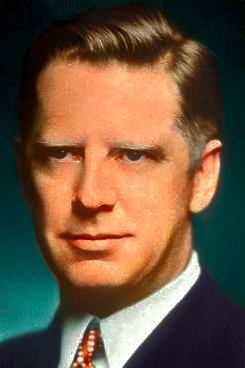
Pegler: On Ray Clapper
By Westbrook Pegler
NEW YORK – This living human document may bring me up on a charge of third-degree log-rolling because it is fixing to be a tribute to my friend and colleague, Ray Clapper, whose editorial canned goods are distributed by the same firm that peddles mine.
If so, however, no judge would give me worse than a dollar fine, suspended during good behavior, for I have had so little experience in praiseful writing that it probably won’t be very complimentary after all. It might even make an enemy of him as happened when I thought I eulogized Knute Rockne and he threatened to resign his job as coach of Notre Dame because the rewards of public life weren’t sufficient compensation for such abuse.
I am probably the only journalist in the trade whose praises are scanned with care by a libel expert and I will admit that for many years at the big national political conventions I was eaten by a secret envy of the Hearst crowd of seals who devoted themselves so generously to mutual adulation in print that you had to buy the opposition paper to find out who got nominated.
Clapper realized Japanese menace
Well, anyway, as I look back over the last few years, I realize that Clapper was the only cosmic commentator in the trade who really felt the gravity of the Japanese menace to our country. Much of his work on that theme was necessarily pretty dull going, and I will admit, to my share, that I sometimes threw him away with the inward remark that, oh, hell, Ray was on tin, rubber, Borneo and the Dutch East Indies again and the importance of Singapore to us and the vulnerability of the Philippines.
Week after week he hammered on the subject of the Japanese enmity toward the United States and the utter ruthlessness of the monkeys of Nippon and the Hitlerism cynicism of their statesmen. Lo me, and to most other Americans who were interested in menaces, Hitler was the one to watch and hate and the Japanese were just a synthetic danger invented long ago by Mr. Hearst who has never got credit for patriotic or otherwise selfless motives in anything he did and therefore was accused of impairing our peaceful relations with an admirable nation for circulation purposes.
I assure Ray was getting his material from the State Department, and possibly from the President, because he plainly sensed the fact that the Nazis were almost monopolizing our attention to the East while the Japanese were preparing to strike us on the opposite side of our continent.
He is not a noisy writer, being little given to rhetorical nip-ups and never known to break out in an attack of the cutes, which may be a pity because the very solemnity of his warnings militated against results. But, anyhow, the fact that practically all of us were looking the other way and yelling rude monosyllables at Hitler is certainly no fault of his, because he was right on the target all the time and I am afraid his information was altogether too sound on the subject of our stockpiles of raw materials necessary for war which are obtainable in quantity only in the areas which Japan has now blocked off.
Events brought U.S. to fast boil
I believe, too, that Ray occasionally tried to give us a wink to forego criticism of the government for permitting gasoline, oil and old iron to go sliding out of our ports bound for Japan, because we, in turn, were stocking up on stuff that Japan might deprive us of at any moment.
In the matter of hatred of or war psychology against Japan and Japanese, only a comparative few Americans, living on the West Coast, had any preparation at all. The rest of the American people start cold, although, of course, the events of last Sunday and of the hours since have brought the country to a fast boil. Clapper didn’t stoke the fires of hate, though, but kept kicking us gently under the table and muttering, “Don’t look now, but I think that little squinty guy behind us is carrying a knife.”
Other newspaper writers may have touched up the subject occasionally and I have no doubt that among my many unread books on the power politics and enmities of the Orient, there are some which prophesied this attack on the USA, but Clapper made a campaign of his warnings and the fault was ours that so very few Americans caught the message of this press-coop Paul Revere. Old Mr. Hearst deserves some credit, too, but he also rates some blame for discrediting his own alarms by his fakery and insincerity in so many other matters.
Well, this, for me, is hysterical hero-worship, but you know how very restrained I am in such things and I won’t be surprised if next time I meet Clapper, he lets out a yell that he won’t take such lip off anybody and whangs me with a crock.
